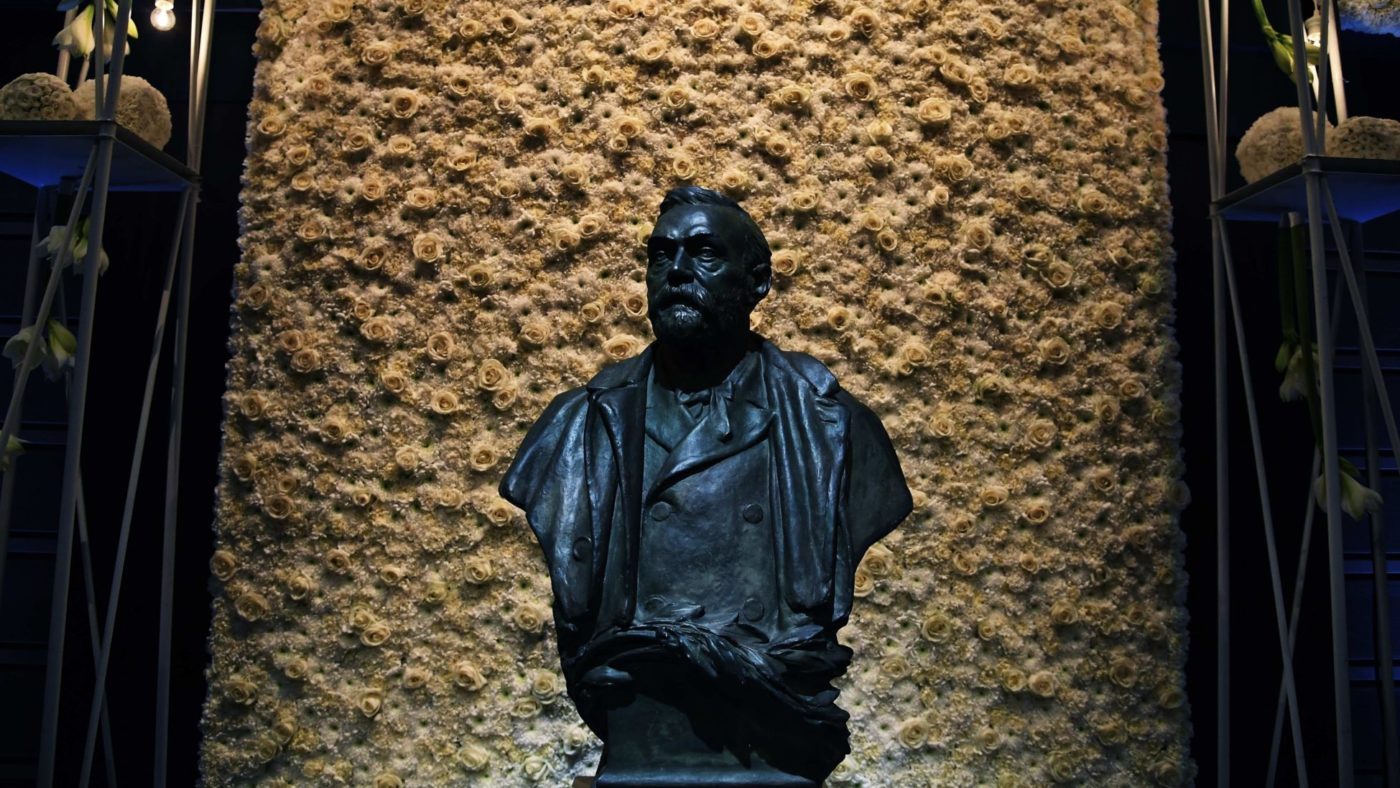William Nordhaus and Paul Romer are worthy winners of this year’s Nobel Prize in economics. Both have done ground-breaking work, the former on the long-term macroeconomic impact of climate change, and the later for modelling technological change and economic growth. This isn’t just dry theory; it has the potential to have real benefits especially in the developing world. Nevertheless, there is a question to be asked about whether more harm than good is done by the existence of the a Nobel Prize in economics.
The Prize has two main pernicious impacts: First, it gives the impression that economics is a hard science equivalent to physics or chemistry. In reality, these subjects are based on empirically verifiable theories, whose moral and political repercussions are for politicians and philosophers to debate and argue about. The scientists largely stay out of such discussions (at least when it comes to the actual doing of science). In stark contrast, economics drips with moral and political value judgements.
This is not of course to say that physicists or chemists or scientists in general are in some way innately more objective than economists; they are not. It is merely to note that since economics involves the study of issues which overlap with politics and morality, for example how resources are distributed in a society, then political and moral judgements will by necessity become inescapably entangled within the work of economists.
Given this, economics should not be given the prestige of physics or chemistry. But this is exactly what the economics Nobel Prize does, creating a false image of what economics is and what economists can achieve, which is healthy for neither the subject nor, given the influence of economics on politics, society at large.
Secondly, the existence of a Nobel Prize in economics warps the public debate on policy. Economics is one of the most powerful intellectual tools that mankind has developed in order to understand how society functions, and can be used to analyse almost any area of life (from the stock market, to the structure of the household, to the world of crime). In order to specialise in one particular area of economics, an economist must concentrate their career largely on that area alone.
This may turn them into a world-renowned economist, but only in their specific area of expertise. However, as soon as an economist wins the Nobel Prize, they are treated as if they are a leading expert on every area of economics. Take, for example, Paul Krugman, who won the 2008 prize for his work on the economics of international trade. His work in this area was ground-breaking and deserves wide-scale recognition.
However, since then he has been feted by the media and invited to opine on a whole range of issues, very few of which touch on international trade. He is treated like this by the media, because he has the prestige of having won the Nobel Prize.
This is not a welcome phenomenon. Giving someone special authority to speak only works if that authority extends only to those areas where the speaker is a leading expert. But too often the pronouncements of Nobel winners are given a reverence beyond that of other commentators who are perceived as being of lesser stature for not having won.
To economists’ credit, the question of whether the Nobel Prize is good for society and the discipline itself has been debated since its inception in 1968. Despite accepting the 1974 Prize, Friedrich Hayek later argued that the award should never have been set up, precisely because economics is not a science in the sense of physics or chemistry, where theoretical claims can be verified through empirical testing. In economics, controlled experiments, though possible in some areas, cannot be applied to most questions.
And the empirical evidence of economics is generally less clear cut and more open to interpretation. It is therefore much more difficult to establish conclusive answers to economics questions, such as, for example, whether the minimum wage leads to job losses.
This has led to the bizarre situation where the Nobel Prize has been awarded to economists who answer the same question with diametrically opposed answers. This happened in 2013 when the Prize was awarded to both Eugene Fama, whose work supports the idea that financial markets are generally efficient, and Robert Schiller, whose work supports the idea that financial markets are in certain ways fundamentally inefficient.
In economics this is normal, in the hard sciences, it would be patently absurd: like gifting the Nobel Prize in physics jointly to both Aristotle and Copernicus for their contradictory models of the structure of the solar system.
It is unlikely that Alfred Nobel himself would ever have supported economics having a prize in his name. At least, that is what his descendants have claimed. Given the problems with the award, perhaps a more fitting memorial to Alfred Nobel would be to abolish the prize.


